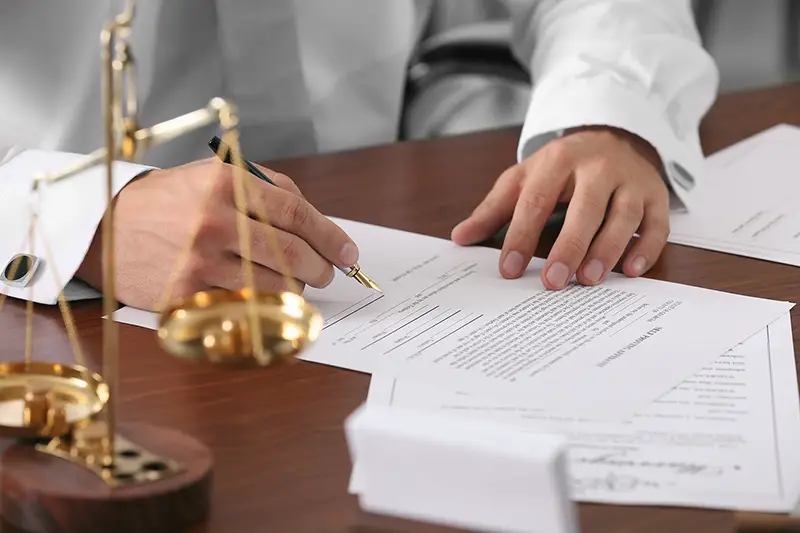Click here to get this post in PDF
Are you an appointed executor of another person’s will? When that person dies, your first job is to determine whether that person’s will is valid and legal. Unfortunately, you are not in the position to do that, unless you are a probate judge—who is basically the only person on this planet who can determine the validity of this piece of legal document.
Do not assume, however, that you do not have a role to play in determining the validity of a will just because you are not a probate judge. In this article from Turner Freeman Lawyers, you will discover your role as an executor in this matter and the factors that will determine the validity of a will.
What’s your role as an executor in determining the validity of a will?
Before you even try to determine whether a will is valid, you need to find the will, if there is any. Once you have found it, the next thing to do is to know whether or not it will be acknowledged by the probate court. While the probate lawyer makes the final decision when it comes to the validity of a will, as the executor, you are in the position to make preliminary scrutiny of the document so you can tell for yourself whether it is valid or not.
As you may know, a will has to be signed correctly to become a valid legal document. Aside from the person who owns the will, two witnesses should also have signed it. These witnesses should have been present when the owner of the will signed the document, and they should be anybody trusted by the person but not beneficiaries or married or a civil partner of any of the beneficiaries.
While you do not have the final say when it comes to the validity of a will, you can pre-evaluate the document as legal and valid if it has all the required signatures. You may have heard reports of people being contacted to be informed that the law has changed and invalidated their will, but that is not true. There are no time limits placed on wills! In fact, once it is signed, it automatically becomes a legal document and will continue to stand until either the owner of the will or you as the executioner destroy it.
What are the requirements for a will to be considered valid?
Three factors determine the legality of a will. Although only a probate judge can determine whether this document is a legally binding document, the three basic requirements that a will needs to satisfy to be considered valid are very simple. As the executor, you may take a look at the following requirements to make your own pre-evaluation before letting a probate judge have his final say:
- Written Requirements
Don’t be mistaken—just because a will should be in writing doesn’t necessarily mean it should be handwritten. Of course, there are wills composed on a computer and printed out! If a will was made ages ago, then chances are it was typed on a typewriter or entirely handwritten. Depending on your location, some courts even recognize holographic wills that are handwritten. However, there are instances when uncertainty arises due to a will being a mixture of handwritten and pre-printed language. In such cases, a person fills in the blanks or crosses out language on a printed will. Since that makes it impossible to ascertain the identity of the person who made the changes, the court might end up not acknowledging the will as valid.
- Signing Requirements
Naturally, the owner of the will should have signed the document. In cases where the maker of the will was physically incapacitated to sign the will, it’s allowed for him or her to have directed someone else to sign on his or her behalf. Traditionally, makers of a will would sign the document with a pen and ink but nowadays, electronic wills are also allowed—and they come with electronic signatures! Although electronic wills do not always satisfy the core requirements of a valid document, they can still be admitted to probate and be deemed valid, depending on the circumstances.
- Witnesses
You may think that if the will-maker handwrote the will himself, a witness may no longer be required. That’s not the case. Witnesses are crucial even in handwritten wills! To be considered valid, a will should be signed not only by the will-maker but also the witnesses, who must be legal adults and aware that the will serves its intended purpose. These witnesses should attest that they saw the will-maker sign the document and indicate the date when it was signed.
You may also like: All You Need to Know About Document Legalization
Image Source: Shutterstock.com

